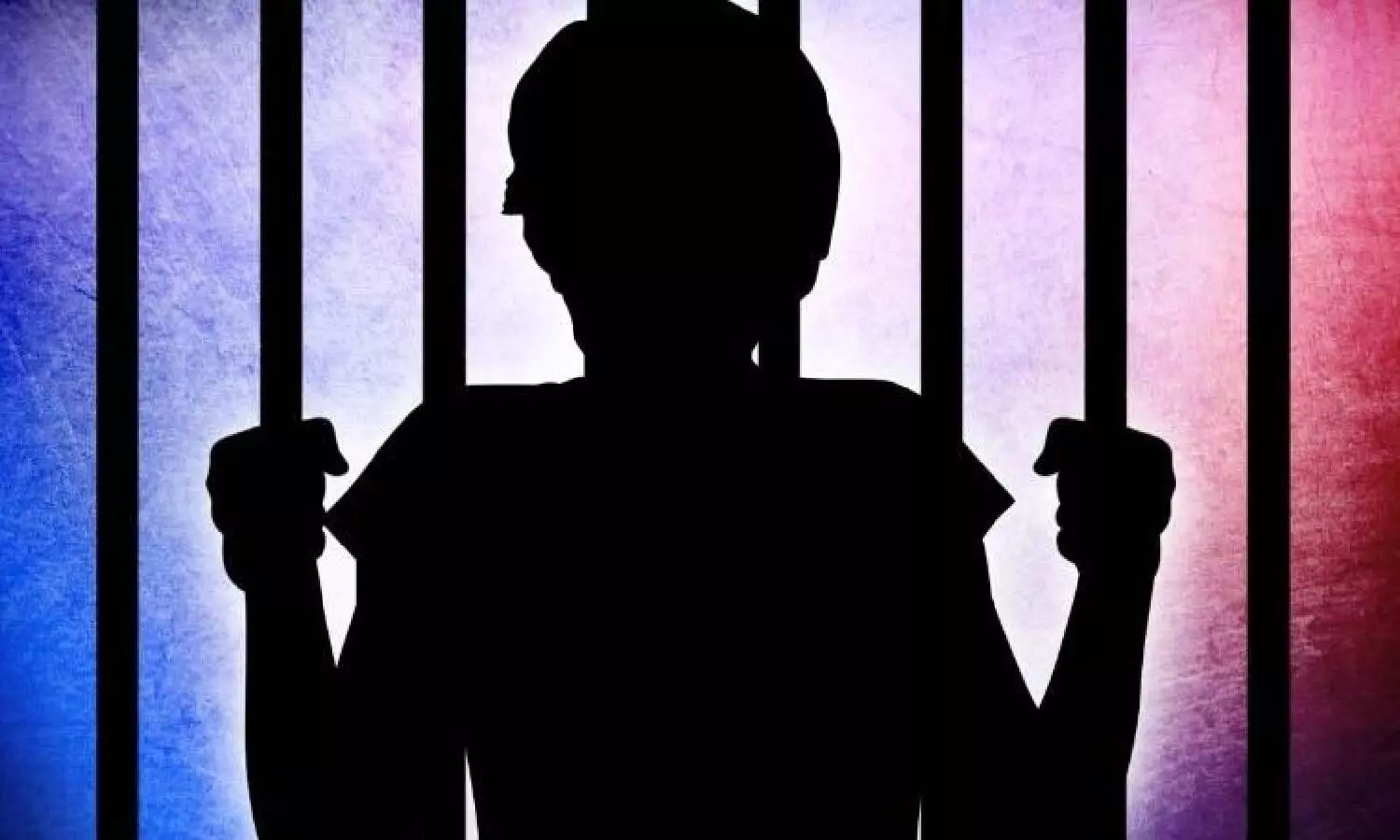Jubilee Hills gang-rape: What's wrong with our juvenile justice system?
There was a lot of anger on Twitter after three juveniles were found to be involved in the Jubilee Hills gang-rape case. At this point, it is important to look at the juvenile justice system of the country, why the Juvenile Justice Act has certain provisions and how it is flawed.
By Nimisha S Pradeep
Hyderabad: "When people commit unbearable mistakes, they should be punished. Irrespective of their age. They are taking age as an advantage!"
"I'm not sure when they commit such a crime, why should we consider them minors? Did their parents teach them to go and rape? They are literally cruel animals roaming in public. They may attack anyone. They are not safe for the public."
"When they are old enough to commit such crimes, they are old enough to be called out and punished!"
These were the few apprehensions shared by netizens on Twitter.
There was a lot of anger on Twitter after three juveniles in the age group 16-17 were found to be involved in the Jubilee Hills gang-rape case. Some people questioned why they were treated as minors and exempted from punishment despite having committed such a heinous crime while some called for instant justice by killing them in an encounter.
At this point, it is important to look at the juvenile justice system of the country, why the Juvenile Justice Act has certain provisions and how it is flawed.
Juvenile Justice Act, 2015
After the shocking Nirbhaya case in New Delhi, the ministry of women and child development (W&CD ) had proposed certain amendments to the Juvenile Justice Act 2000. Thereafter, the Act was amended in 2015 into the Juvenile Justice (Care and Protection of Child) Act that allowed the trial of children in the age group of 16-18 as adults if they are alleged to have committed a heinous offence.
This amendment was brought in the backdrop of the gang-rape of a woman inside a bus in Delhi in 2012, leading to her death – the infamous Nirbhaya case. In the case, one of the offenders was a 17-year-old which led to the W&CD ministry proposing the amendment. The then minister, Maneka Gandhi, cited an increase in cases of offenders in that age group. But child rights activists objected to the amendment. The JS Verma Committee constituted to recommend amendments also stated that it was not inclined to reduce the age of a juvenile from 18 to 16 years. But later, in May 2015, the Bill was passed in Parliament and the JJ Act, 2015 came into place.
Section 18(3) of the Act says that after a preliminary assessment of the accused minor's (above 16 years) mental and physical capacity to commit such offence along with the ability to understand the consequences and circumstances of committing a heinous crime, the Juvenile Justice Board (consisting of psychologists and social workers) can transfer the case to a children's court. The child may be sent to a place of safety and after he is 21 years old, he shall be transferred to jail.
Encounters are not the solution
Advocate Akhil Ennamsetty explains that in India we follow a reformative justice theory. "The criminal justice system in India follows a reformative justice theory where we want the guilty to be reformed. The provisions currently available under the Juvenile Justice Act tries to understand whether the juvenile is able to make informative decisions. It also ensures that they are not made to suffer for a lifetime for crimes they committed when they were young," he says.
"But our society follows a retributive system where it's an eye for an eye. This is why people are asking for encounter killings in the Jubilee Hills case, even after seeing how the Disha encounters happened," he adds.
Advocate Akhil strongly feels that justice has not been done to Disha till today. The encounter killings could have simply been an eyewash, he says. When courts of law are in place, nobody can take the law into their hands, he adds.
He also adds that in the Jubilee Hills gang-rape case, the larger question that we need to investigate is how did the pub allow young people inside. Telangana has a rule prohibiting entry of young people below 18 years into the premises of a pub.
Lack of support system, fear and deterrence
Social activist Sunitha Krishnan of Prajwala says it's not the law that is flawed but its implementation. "The law is perfect but what we lack is a support system that provides the psychotherapeutic needs of the accused juvenile. In fact, for adults, too, we do not have such a provision. The guilty person is sent to jail, given life imprisonment or capital punishment but that's it. There is no support system for these people. Besides this, the law is toothless," she says.
She also says how in India, people lack fear of punishment and deterrence. Citing examples from the west, she says, "In the US and the UK, the names of sex offenders are listed in a register and there are alert systems in place. For example, when an individual is looking for a house, they will be alerted if any offenders are living nearby. In a sense, they are publicly named and shamed. In India, we lack this fear of repercussions of action. If such a system comes into place, people might think twice before committing a crime."
She adds that there is a need for the system to act in a time-bound manner and as a society, we need to become 100% intolerant of such crimes and offenders.